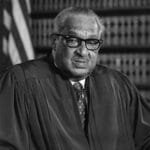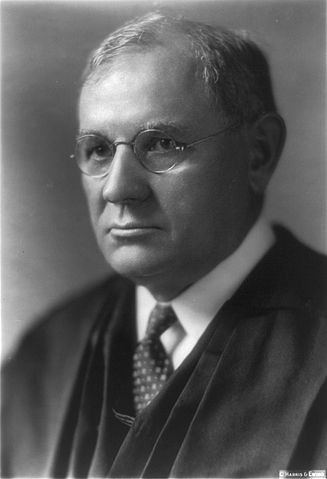 William Howard Taft, born on September 15, 1857, in Cincinnati, Ohio, holds a unique place in American history as the only individual to have served as both President of the United States and Chief Justice of the U.S. Supreme Court. A staunch Republican, Taft’s legal and political career was marked by a commitment to judicial restraint, administrative efficiency, and constitutional integrity. His tenure as Chief Justice from 1921 to 1930 is particularly noted for its influence on the judiciary’s structure and operation. Here, we explore his life, judicial philosophy, and contributions to American law, with SEO strategies to enhance online visibility.
William Howard Taft, born on September 15, 1857, in Cincinnati, Ohio, holds a unique place in American history as the only individual to have served as both President of the United States and Chief Justice of the U.S. Supreme Court. A staunch Republican, Taft’s legal and political career was marked by a commitment to judicial restraint, administrative efficiency, and constitutional integrity. His tenure as Chief Justice from 1921 to 1930 is particularly noted for its influence on the judiciary’s structure and operation. Here, we explore his life, judicial philosophy, and contributions to American law, with SEO strategies to enhance online visibility.Early Life and Political Career
Taft graduated from Yale University and then Cincinnati Law School. His career trajectory was meteoric, serving in various capacities, including Solicitor General, Governor-General of the Philippines, and Secretary of War under President Theodore Roosevelt. Elected President in 1908, Taft’s administration was focused on trust-busting and administrative reform. However, his true passion was for the law, and his presidency was somewhat of a detour from his judicial aspirations.
Supreme Court Tenure
After his presidency, Taft was appointed Chief Justice by President Warren G. Harding in 1921, a position he considered the apex of his career:
- Judicial Philosophy: Taft was a proponent of judicial restraint, believing in the limited role of the judiciary in legislating from the bench. He often emphasized the separation of powers, advocating for a judiciary that deferred to Congress unless laws were clearly unconstitutional.
- Court Administration: He is perhaps most remembered for his reforms in judicial administration. Taft was instrumental in the creation of the Judicial Conference of the United States, aimed at improving the efficiency and organization of the federal courts.
- Notable Decisions:
- Myers v. United States (1926): Taft wrote the majority opinion upholding the President’s authority to remove a postmaster without Senate consent, strengthening executive power.
- Adkins v. Children’s Hospital (1923): His dissent in this case, which struck down minimum wage laws for women, foreshadowed the later shift away from Lochner-era jurisprudence.
Impact on Law and Legacy
- Judicial Reform: Beyond case law, Taft’s legacy includes significant structural changes to the judiciary, enhancing its administrative capabilities.
- Constitutional Interpretation: His decisions often reflected a conservative, yet balanced, view of the Constitution, focusing on maintaining its original intent while adapting to changing times.
- Educational Influence: Taft’s writings and speeches on legal education and judicial philosophy have influenced legal academia.
Criticism
Taft’s conservatism on economic issues, especially his resistance to progressive labor laws, drew criticism from those advocating for more social reforms. His support for judicial restraint sometimes placed him at odds with more liberal justices and public sentiment during an era of increasing social change.
Conclusion
William Howard Taft’s contributions to American jurisprudence are profound, not only through his judicial decisions but also through his transformative reforms in court administration. His legacy as Chief Justice is one of a dedicated jurist who valued the integrity and efficiency of the judicial system.








